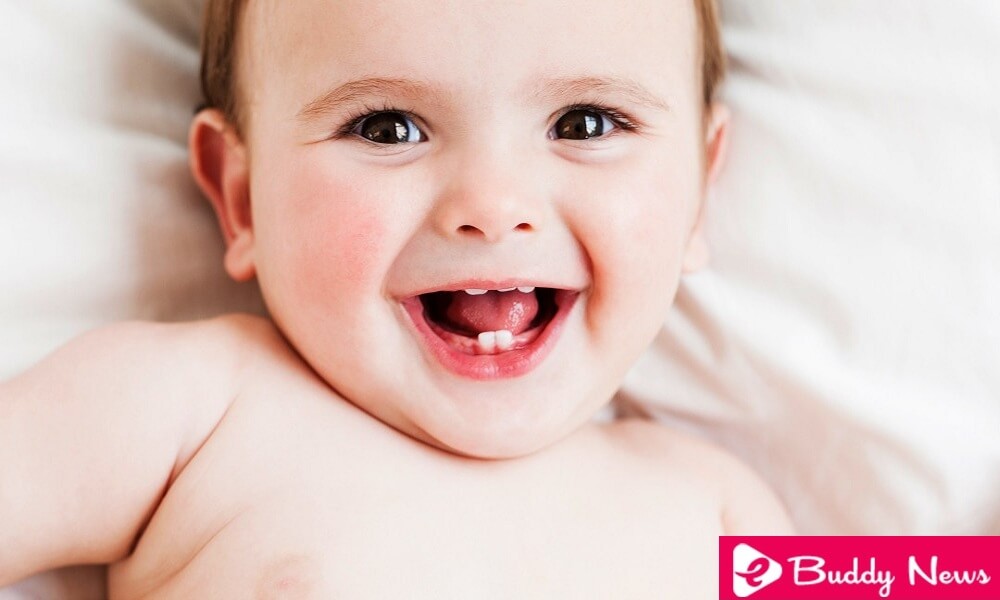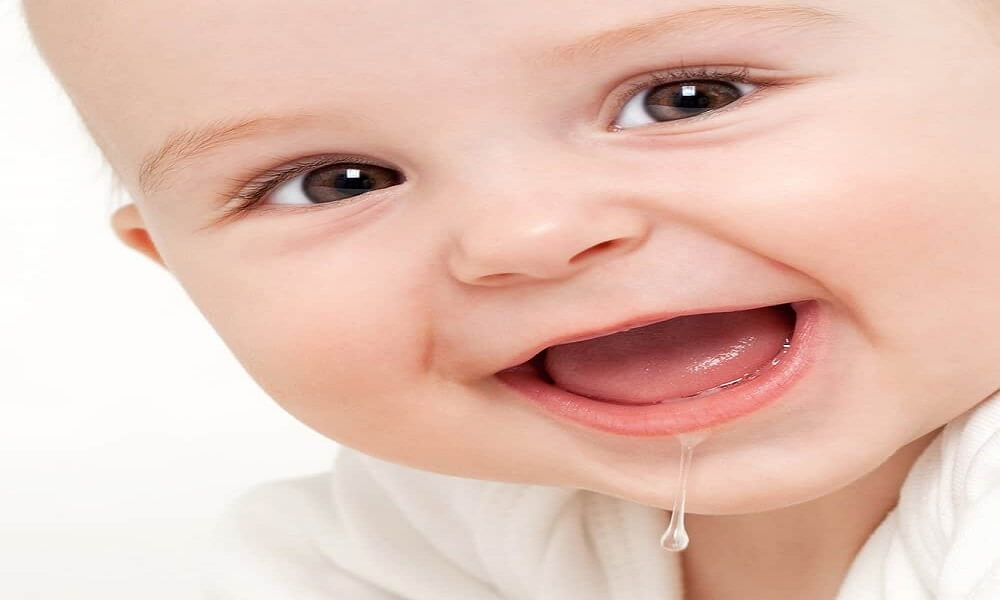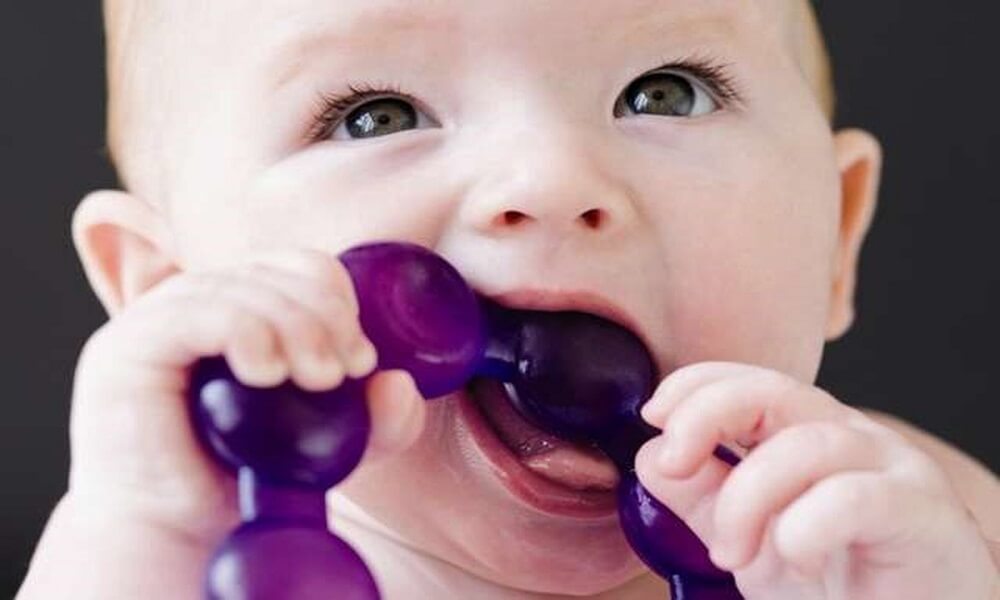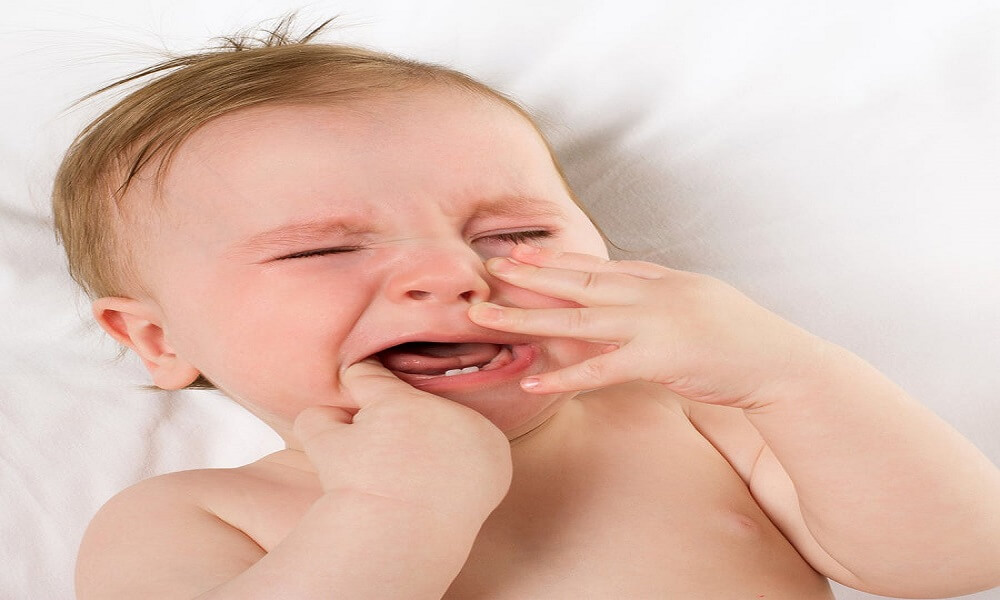Start of Tooth Produces Fever in Babies – Myth or Reality

It always thought that start of tooth produces fever in babies. But in adults like us, when we get wisdom tooth, it does not produce fever. If adults don’t get a fever, then why do we think babies get a fever or temperature increases in babies.
The American Academy of Pediatrics state that new teeth cause a slight increase in temperature of your baby. But if the temperature is beyond 38 degrees, it is probably not due to teething. There will be symptoms in babies such as vomiting, or diarrhea in instances of new teething. You need a consultation of a pediatrician because it is not due to teething, but a fever that expected to require treatment.
According to pediatric dentistry and dentistry at IHP, Maria Jesus Gor there may be a low-grade fever up to 38 degrees when the infant develops new teeth.
Drooling When Teething in Babies

But it is a fact that the start of tooth produces fever in babies. New teeth cause slight fever in infants because there is bacteria infection behind the new teeth. The eruption process of teeth is inflammatory. Babies due to a slight increase in body temperature usually start to drool in these cases. The area where the teeth come out slowly usually swollen, the area turns hot and red, it also hurts. But it is not a fever. The specialist in pediatric density remembers the first teeth begin to leave around 4 to 5 months of age. There are also many children for whom new teeth do not come out up to a year.
Dr. Gor states that milk teething gets arising completed around 3 years of age. This varies from child to child. Usually, new teeth arise between 4-5 months of age for infants. It considered a delay when new teeth do no arise when a child turns one. If the child has no new teeth till 13-14 months of his/her age the reasons need to be investigated. This is stated by IHP specialist. There are fixed rules in child development according to the Spanish Association of Pediatrics.
Biting Because of Teeth

Hence milk teeth arise up to 3 years and beyond 3 years of age, infant’s teeth stop to end. In many children coming of new teeth does not cause discomfort. But in some infants start of new teeth cause swollen gums, hence they turn more restless, whimpering and hence, tend to bite everything. Before leaving, a small bruise produced on the gum before leaving. The tooth ends up leaving without problems explained by the AEP. Fever is one such problem and most mothers think that start of tooth produces fever in babies.
Alleviating Pain or Discomfort in Babies

The experts in pediatric dentistry recommend giving analgesic or oral anti-inflammatory, When the teeth come out, and the child complains a lot when the tooth comes out. In turn, Dr. Gor states that there is no need to apply gels on the gums. Hot food produces more pain to the infants. Feeding refrigerated foods to the babies with upcoming teeth can help them in relieving pain, especially inflammation. The Spanish Pediatric Association suggests to use cold teethers for the kids as new teeth arise and cause discomfort, the child tends to even bite his/her fists. Parents term biting the fists by the kids as curdling or stoning. When new teeth come out, the child puts everything in his mouth. His teeth already formed inside the gums. But the teeth actually do not come out completely until the child turns 3 or 4 months.














